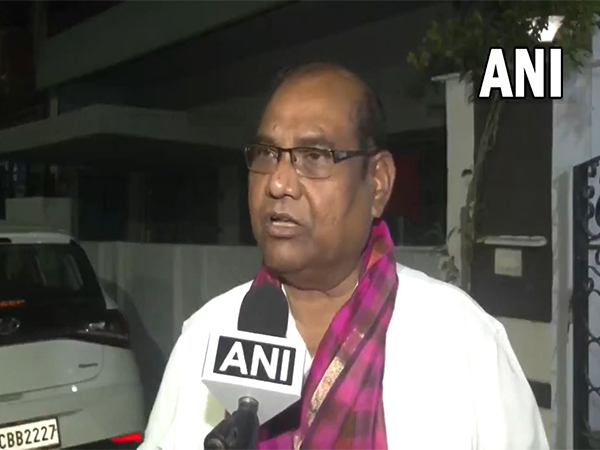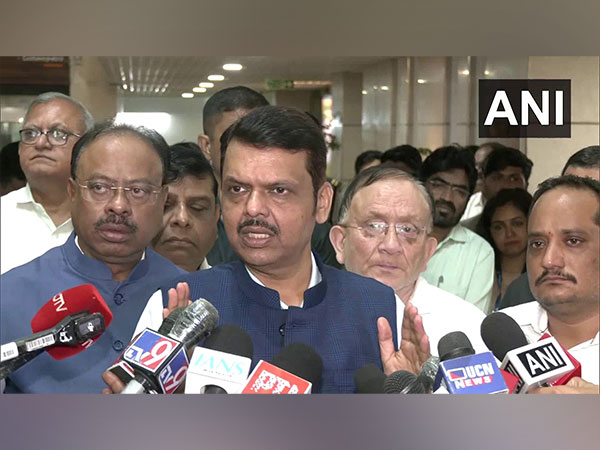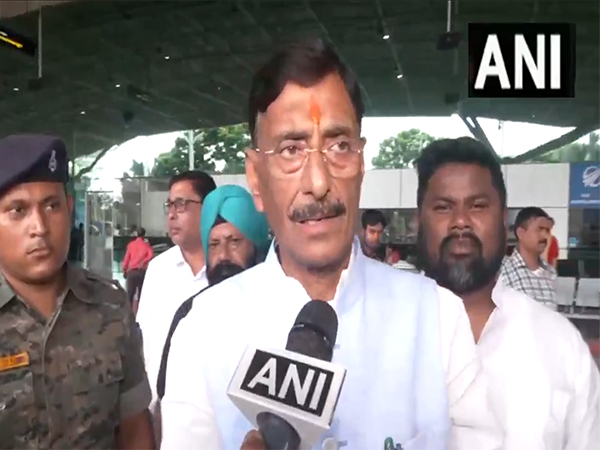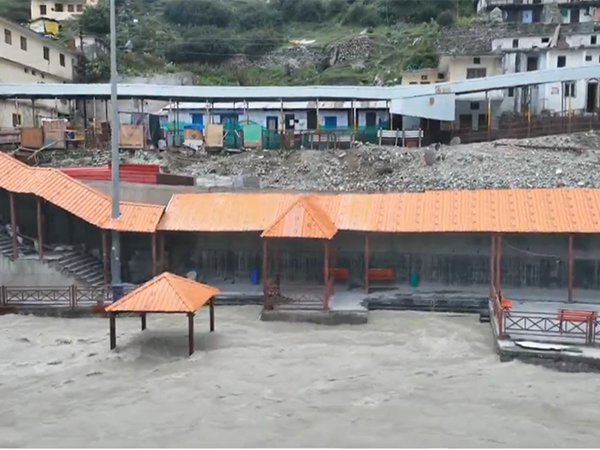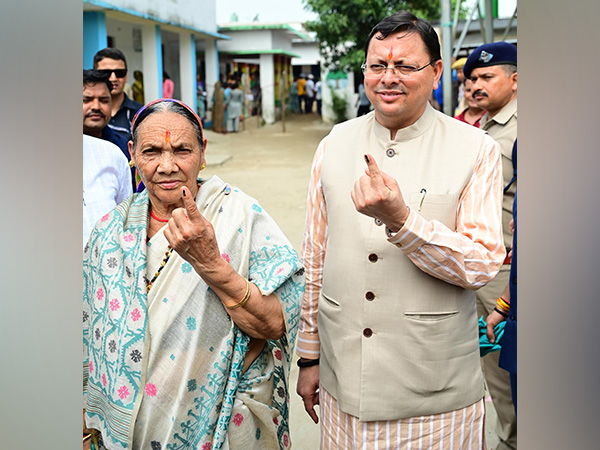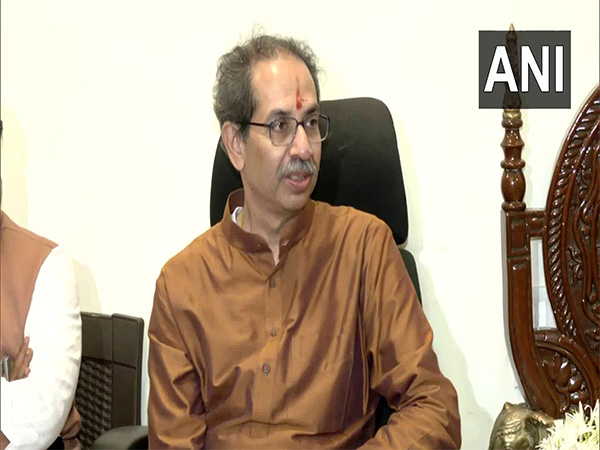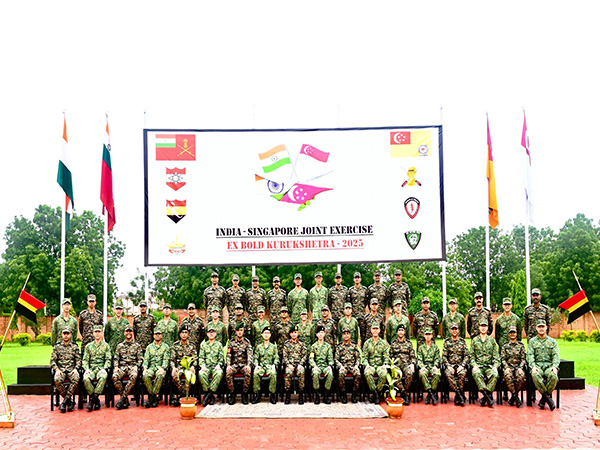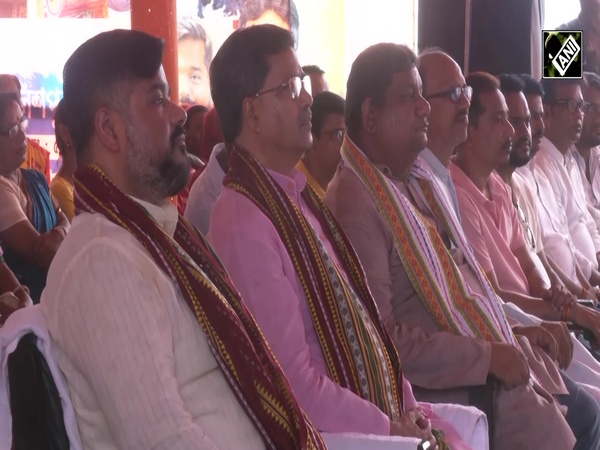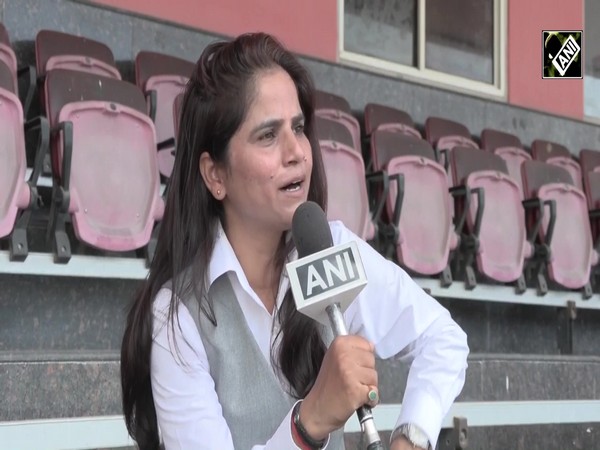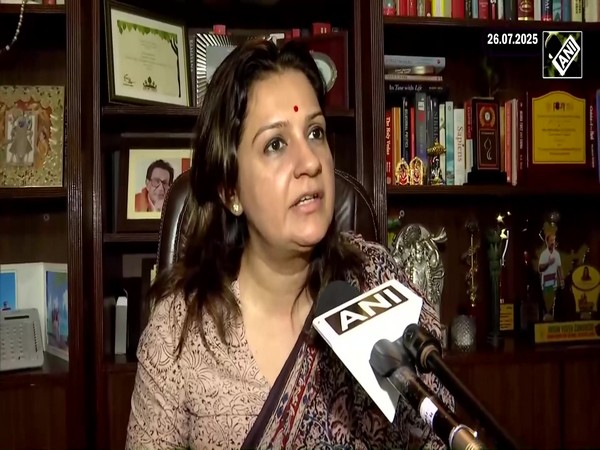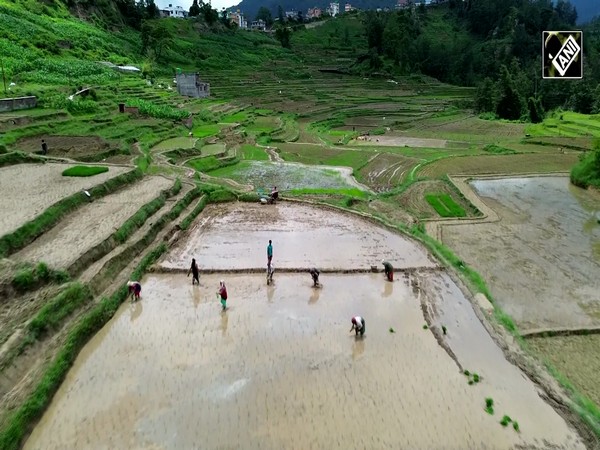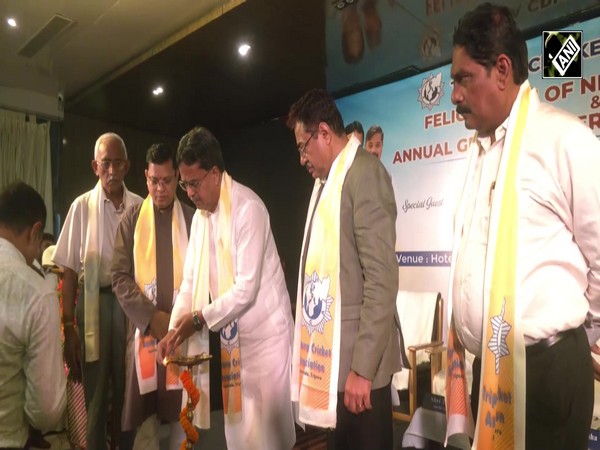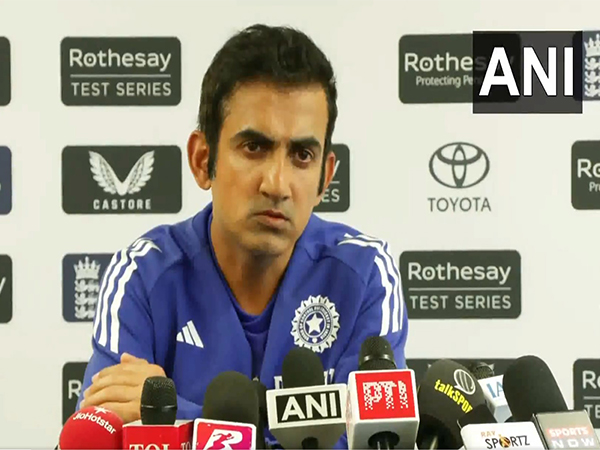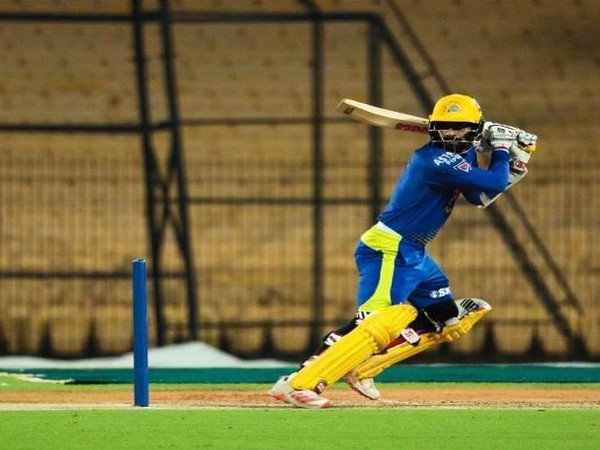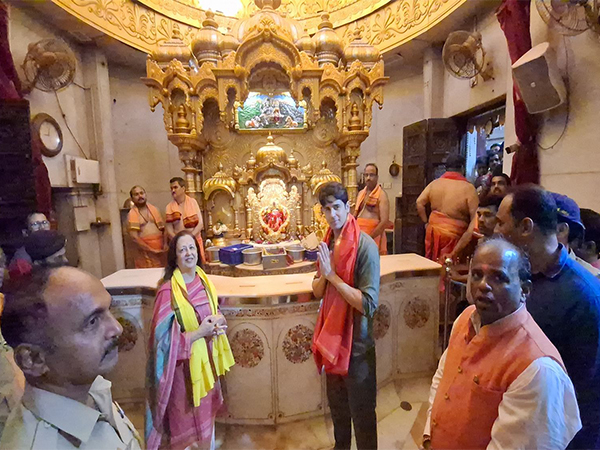
UP: RO/ARO exam held across 75 districts in single shift
Jul 27, 2025
Lucknow (Uttar Pradesh) [India], July 27 : The Review Officer/Assistant Review Officer (RO/ARO) Examination-2023, conducted by the Uttar Pradesh Public Service Commission, was held smoothly in a single shift on Sunday across all 75 districts of the state, according to an official statement.
Sharing details about the examination, Secretary of the Commission, Ashok Kumar, informed that a total of 10,76,004 candidates were registered, out of which 4,54,997 candidates (42.29%) appeared.
According to the release, the examination was conducted at 2,382 centres statewide from 9:30 am to 12:30 am, with Kanpur having the highest number at 139 centres, followed by Lucknow (129), Prayagraj (106), and Varanasi (82).
Among the districts, Ayodhya recorded the highest attendance with 52.81 per cent candidates appearing, while Rampur registered the lowest at 25.78 per cent. Participation in other major cities included Prayagraj at 47.61 per cent, Lucknow at 48.89 per cent, Kanpur at 44.37 per cent, and Varanasi at 49.19 per cent.
"Thanks to the Yogi government's stringent arrangements and the Commission's meticulous planning, the examination was conducted in a completely fair, transparent, and cheating-free manner. Cutting-edge security measures--including an AI-based alert system, biometric verification, CCTV surveillance, and monitoring by the STF--ensured zero irregularities across the state. These efforts further reinforced public trust in Uttar Pradesh's examination system," as per the release.
To uphold the integrity of the examination, the government maintained tight surveillance over known cheating rackets and individuals previously accused of cheating. STF units were deployed at sensitive centres and remained vigilant throughout the day. Continuous monitoring was carried out on the activities of criminal elements previously involved in exam-related offences, including those out on bail, the release said.
According to the release, dedicated teams closely monitored coaching centres and promptly reported any suspicious behaviour to the authorities. A special social media monitoring cell also kept a close watch on platforms like WhatsApp and Telegram to curb the spread of rumours or leaks. These measures effectively dismantled cheating networks and ensured a level playing field for all candidates.
Robust arrangements were also made to maintain the confidentiality of question papers. Two separate sets of papers, printed by different printers, were randomly selected by computer 45 minutes before the start of the exam.
Each paper was available in eight jumbled series, equipped with unique barcodes, and securely packed in tamper-proof, three-tier locked trunks with five layers of protection. Armed security and senior officials oversaw every step, from the retrieval of papers from the treasury to the submission of answer sheets. Multi-level monitoring--from the examination centre to the district and Commission levels--was carried out through live CCTV feeds, ensuring unmatched security of all confidential materials, as per the statement.
The candidate identification and admission process for the RO/ARO Exam-2023 was made entirely digital and foolproof. Centre allocation was carried out through computer-based randomisation to eliminate any scope for bias.
The e-admit card was integrated with a One Time Registration (OTR) system, which involved an eight-point verification process, including details such as the candidate's name, father's name, date of birth, category, high school roll number, and year of passing, as per the release.
To ensure secure identification at the entry point, biometric authentication and facial recognition technology were deployed. A two-layer frisking process was jointly managed by the police force and the implementing agency, effectively preventing the entry of any prohibited items.
A complete ban was enforced on electronic devices, while an AI-powered alert system monitored for any suspicious activity and triggered instant warnings.
Police personnel were stationed at every examination centre to maintain law and order and ensure the safety of candidates. Each centre had a full administrative setup including a sector magistrate, a static magistrate, a centre administrator, two co-centre administrators, and a team of trained invigilators. Half of the invigilators were appointed by the centre administrator, while the remaining were selected by the District Magistrate or District School Inspector through randomisation to ensure impartial deployment.
A senior officer was designated to coordinate between the Commission and the STF. At the district level, direct monitoring was carried out by officials of the rank of Police Commissioner, Senior Superintendent of Police, or Superintendent of Police.
Strict action was prescribed under the Indian Justice Code and the Uttar Pradesh Public Examination (Prevention of Unfair Means) Act, 2024, against anyone found indulging in malpractice, as per the release.
The joint initiative of the Yogi government and the Public Service Commission to ensure a fair and cheating-free examination has set a new benchmark for transparency and integrity in the recruitment process. These well-executed measures under the leadership of Chief Minister Yogi Adityanath significantly boosted candidate confidence and reinforced the credibility of government job recruitments in the state.
Commission Secretary Ashok Kumar confirmed that answer sheets were safely collected from all centres and the next stage of the process has commenced.
Despite the high number of examination centres in key districts like Kanpur, Lucknow, Prayagraj, and Varanasi, the entire system functioned seamlessly, marking a historic moment in the evolution of fair recruitment practices in Uttar Pradesh.
The arrangements for the RO/ARO Exam candidates were widely appreciated. Neeraj Chandra and Sachin Mathur from Varanasi, who appeared for the exam at a centre in Prayagraj, shared that the multi-layered screening and security checks were systematic and unbiased.
Pooja from Pratapgarh noted that this year's arrangements were significantly better than the previous exam, adding that the entire process--from entry to exit--was smooth and transparent, as per the official statement.
Candidates specifically lauded the use of technology, including QR code scanning, eye scans, and biometric verification, which reinforced the fairness and authenticity of the examination.
These advancements instilled strong confidence among aspirants that the exam was conducted in a completely transparent and merit-based manner, it said.

